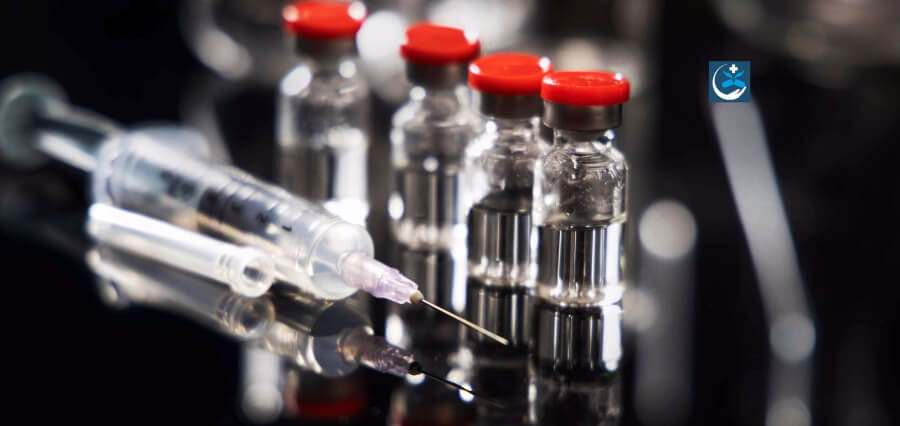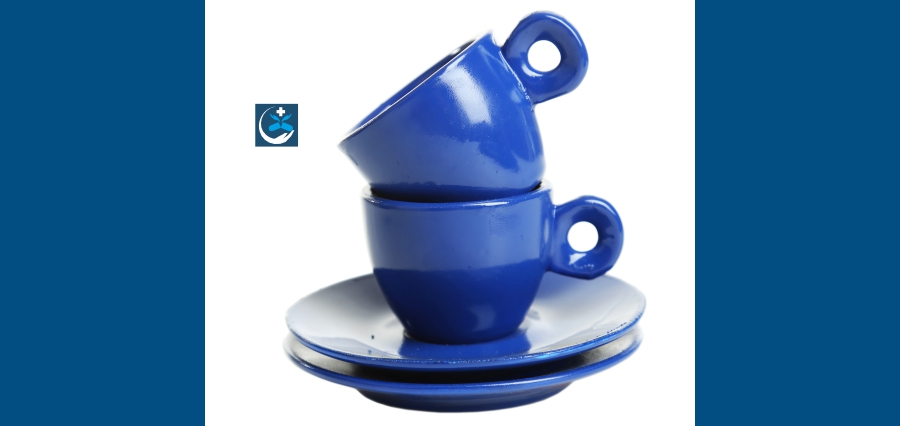According to a recent study, receiving the shingles vaccine can considerably lower the chance of having a stroke or heart attack as a result of the infection.
The same virus, varicella zoster, which causes chicken pox also causes shingles. If the virus reactivates, those who have had chicken pox may go on to develop shingles in the future.
James Mbinta, a PhD student in the School of Health at Te Herenga Waka—Victoria University of Wellington and the study’s lead author, says that while shingles causes a painful skin rash, there is also evidence that there is an elevated risk of having a stroke or heart attack in the first month following the virus’s reactivation.
If the virus recurs in the opthalmic nerve—a sensory nerve in the face—the risk of stroke is two to three times higher.
“The results of our study suggest the shingles vaccine offers a large protective effect against both stroke and heart attack in the first 42 days after vaccination.”
Researchers compared the number of patients hospitalised between 72 and 162 days after receiving the shingles vaccine to the number hospitalised in the first 42 days following vaccination—the “at-risk” period.
The latter era, which serves as a baseline for comparison, was utilised as the “control” period.
“We found twice as many people (761) were hospitalised in the control period than in the first month following vaccination (321). These results suggest the vaccine may reduce the risk of stroke and heart attack by as much as 50 percent in the first 42 days.”
Data study of 278,375 adults who received the vaccine in New Zealand between April 2018 and July 2021 served as the basis for the findings. The majority were older than 70.
| Read More: Click Here |







